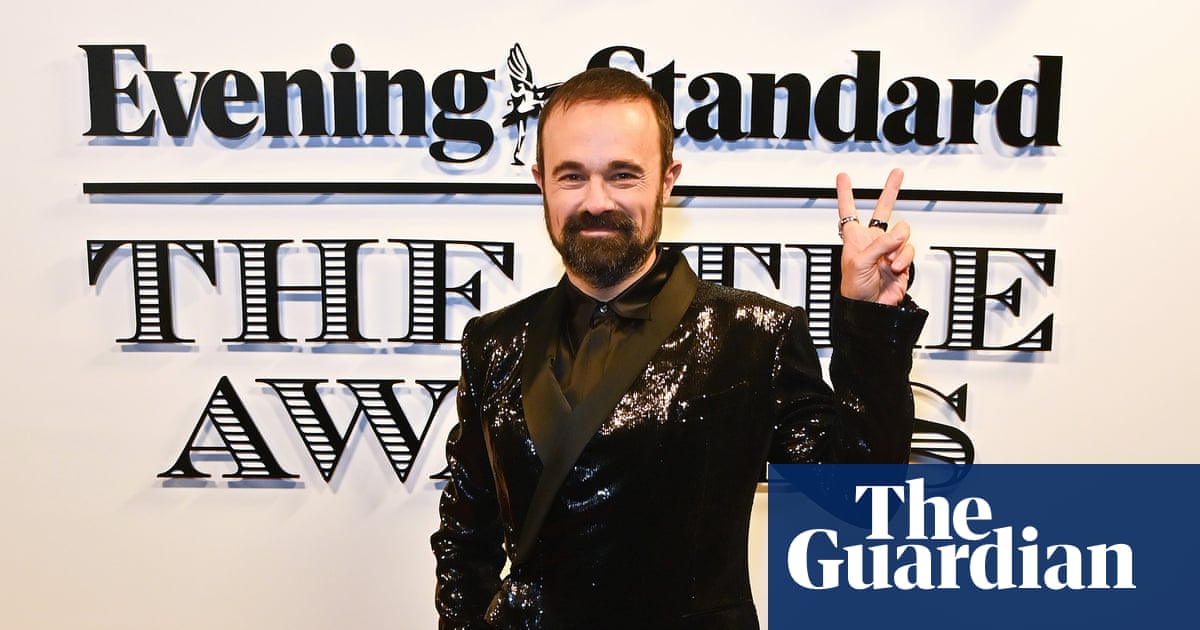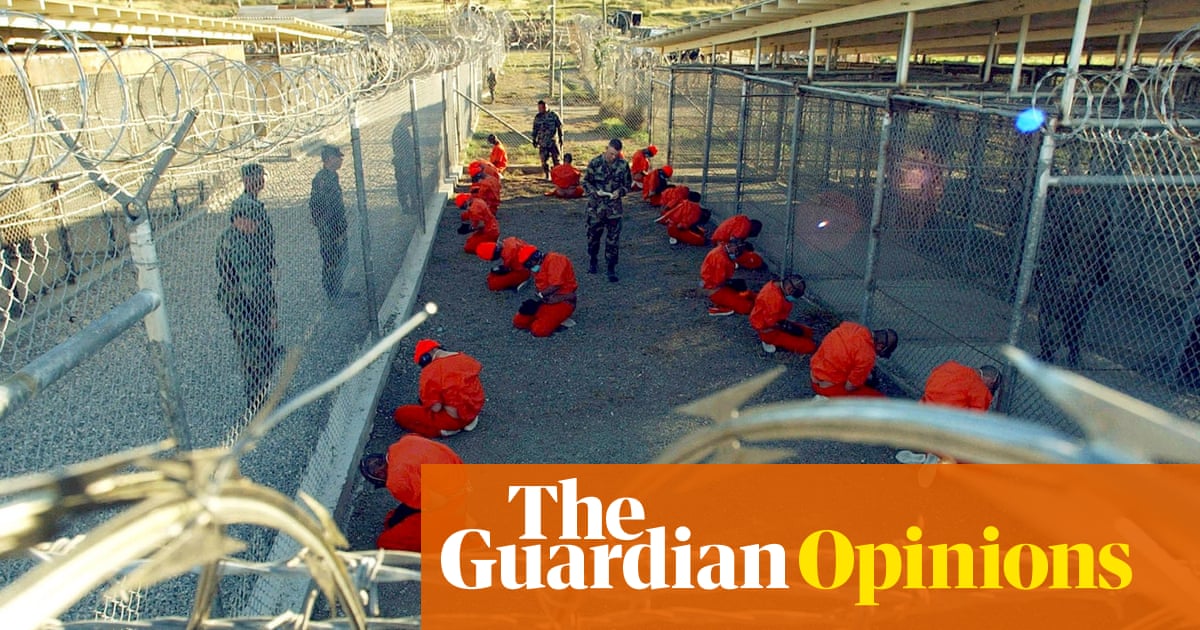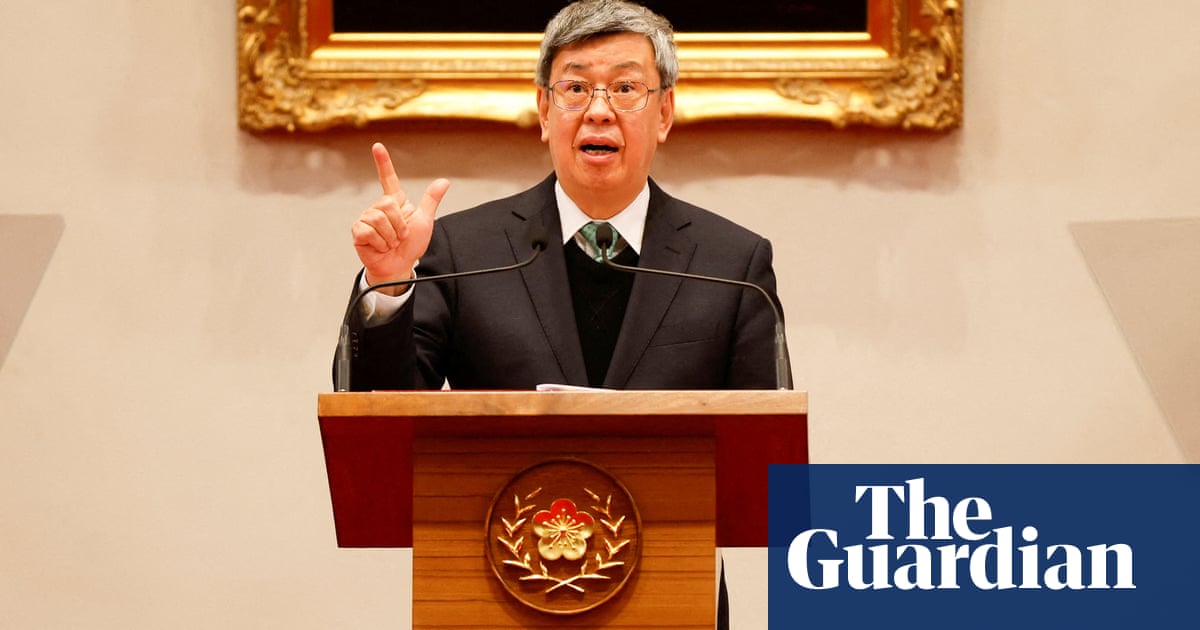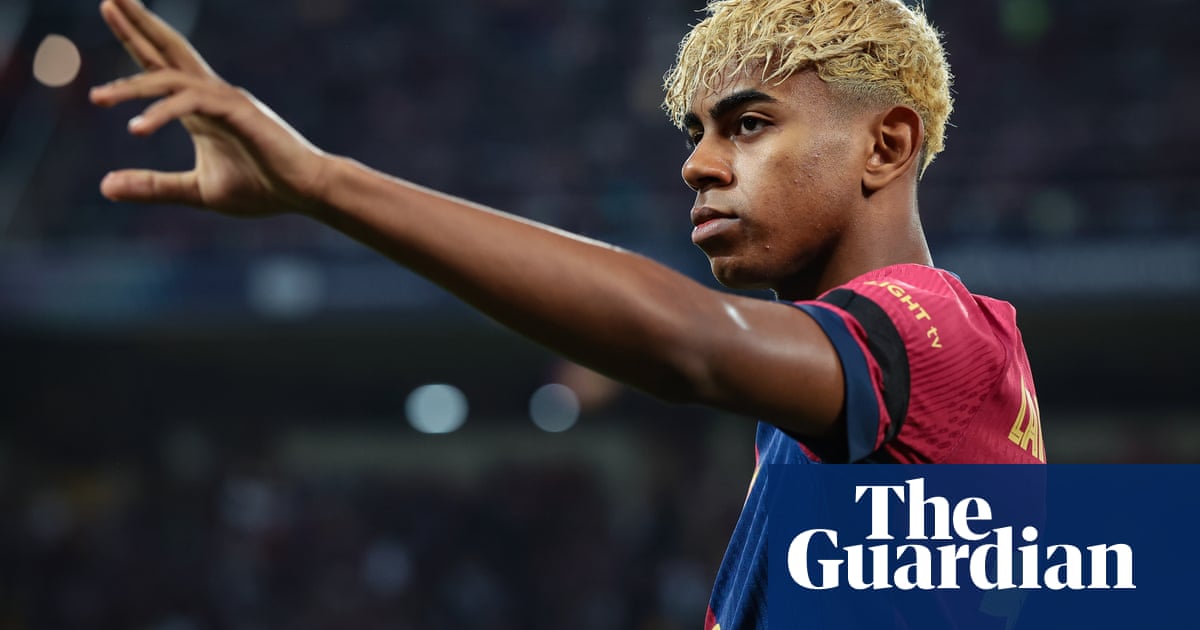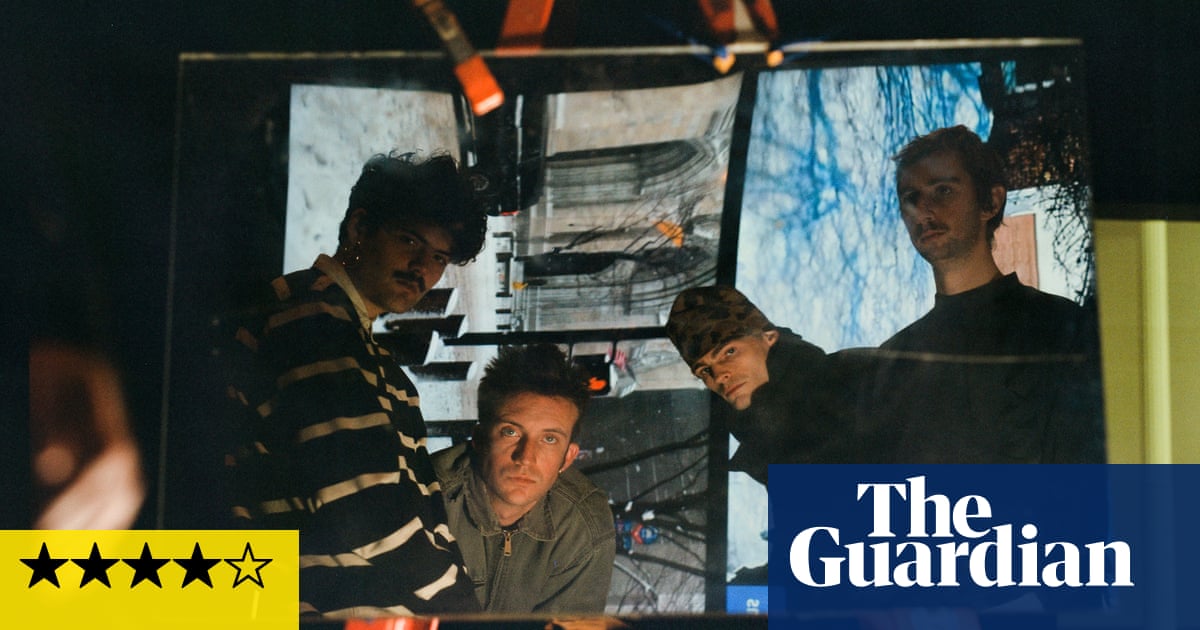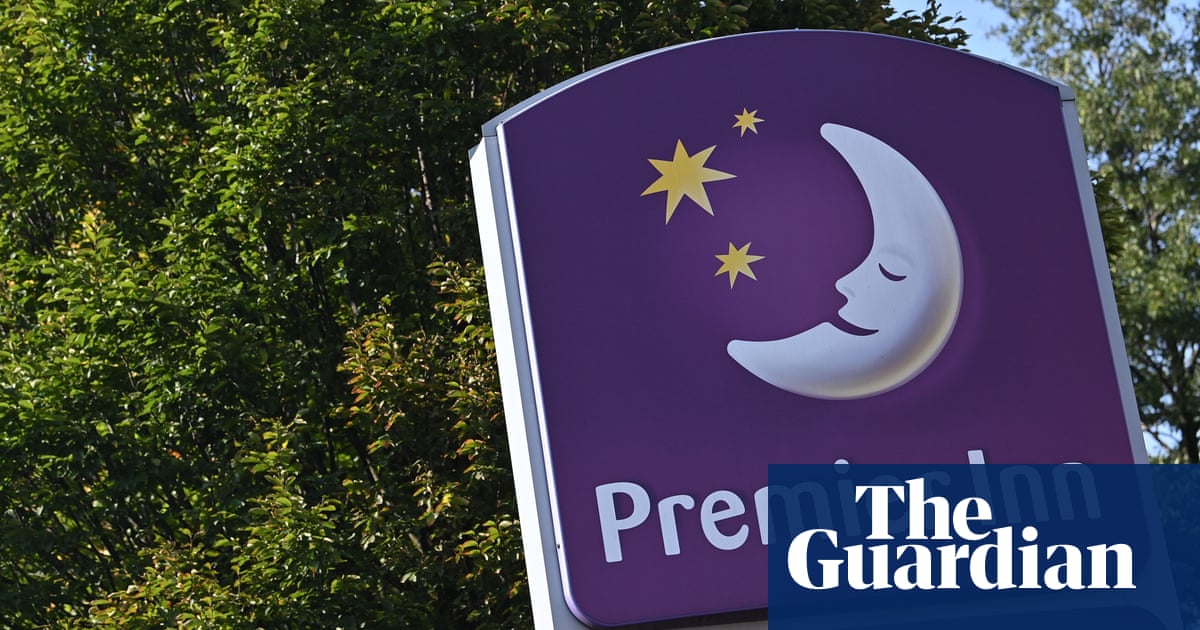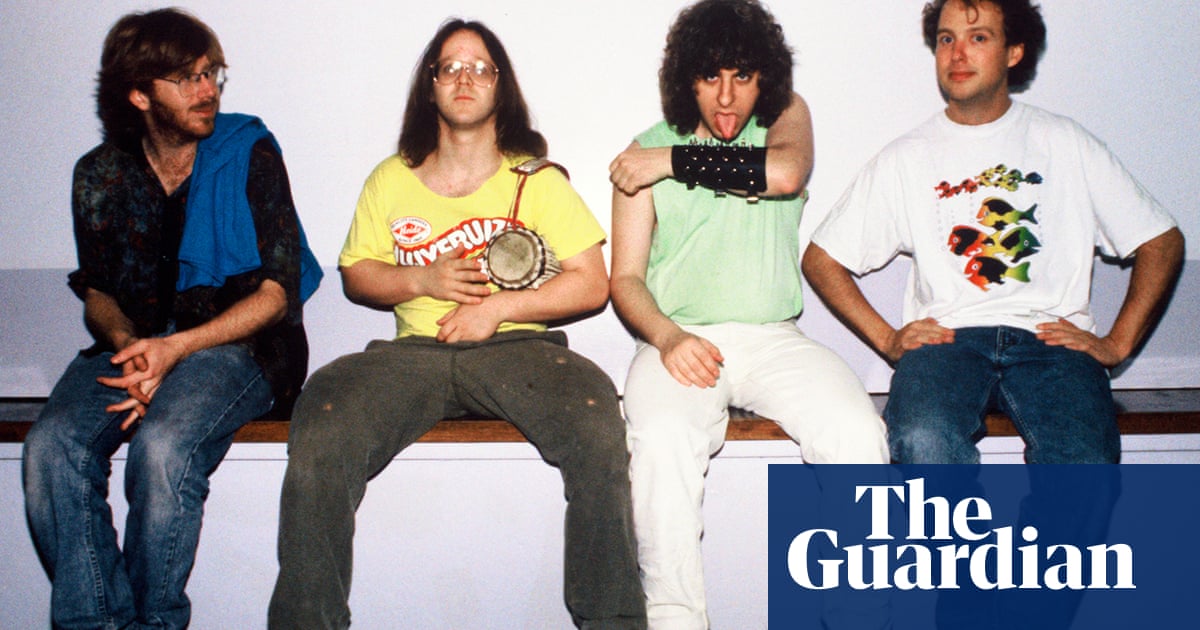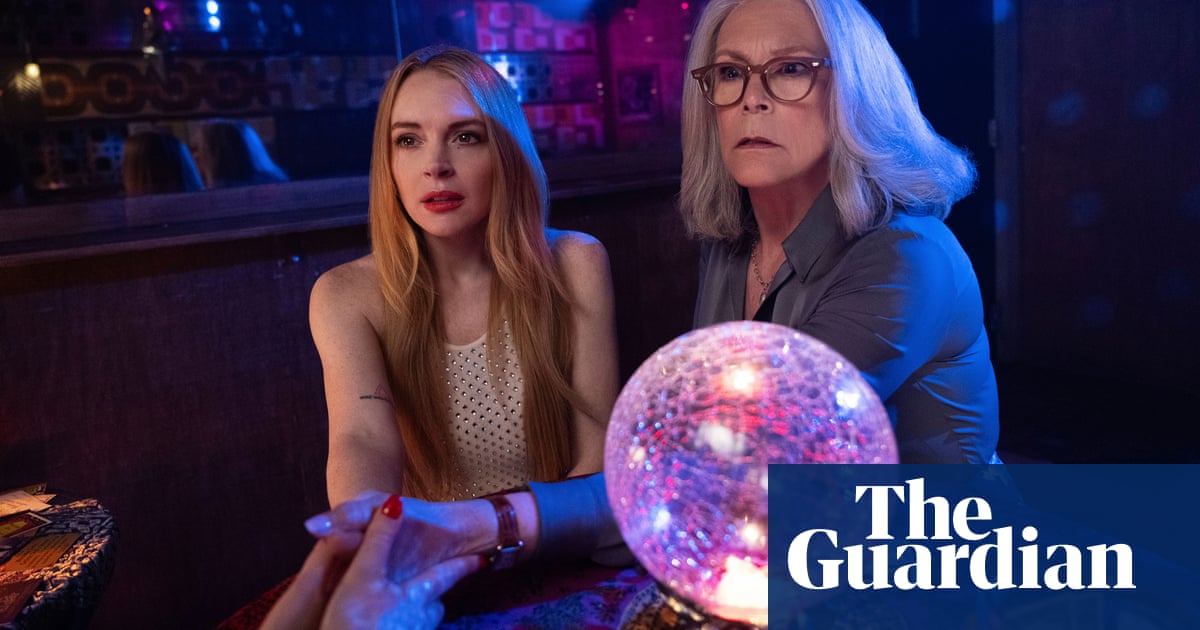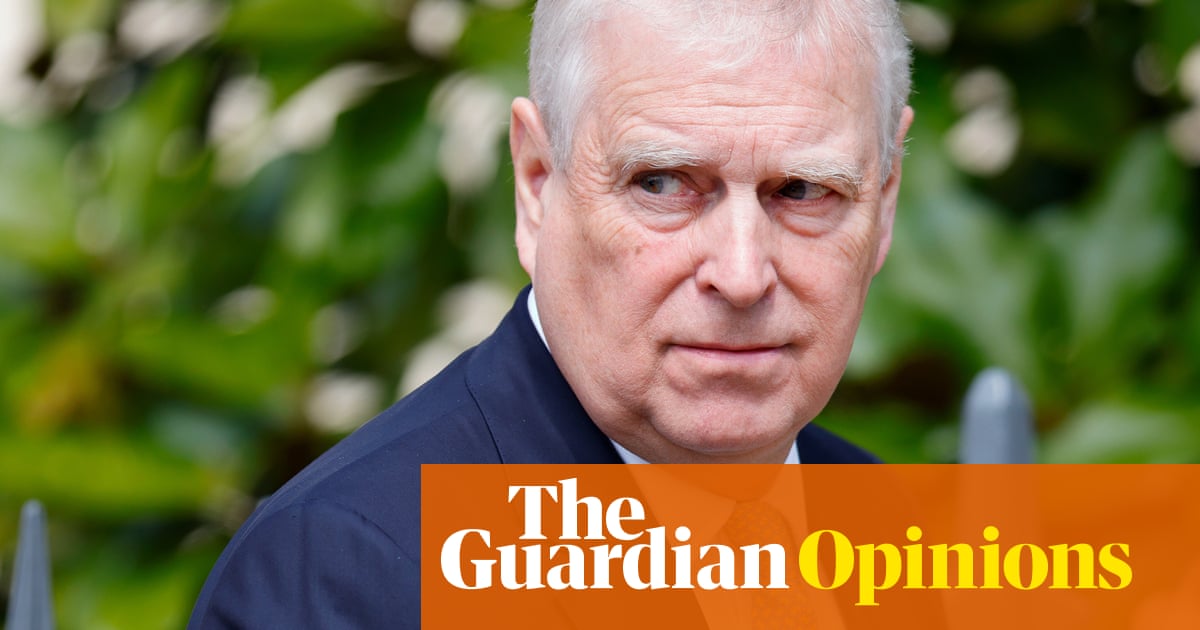Billy Cobham speaks the way he plays drums. Words pour out of him in a great, rhythmic rush, every sentence alive with energy and ideas – and so interviewing him can be as overwhelming as his music sounds. I ask about a recent sojourn to his birth nation of Panama and he’s still answering 15 minutes later, although the topic now is a huge 1973 concert at Yankee Stadium in New York where he played alongside salsa legends Fania All-Stars to 40,000 fans: “All the nations had their flags – and all the gangs were there too!” Cobham describes watching in awe as the greatest congueros alive all played in unison before the frenzied crowd invaded the stage. It’s fascinating, though I begin to fear our allotted time will be taken up by this single sprawling anecdote. “Don’t get me started,” he says, and laughs, kicking back in his book-lined office in Berne, Switzerland.
William Cobham Jr is one of history’s greatest drummers, who, alongside Miles Davis and John McLaughlin helped fuse jazz with rock and funk (he co-founded Mahavishnu Orchestra with the latter). Cobham became an influence on everything from Prince to prog, and has also backed icons across a huge spectrum of music – jazz greats such as Miles Davis and Sonny Rollins but also James Brown, Roberta Flack, Peter Gabriel and more. At 80, he’s just been given a lifetime achievement award at the Jazz FM awards but is still a dynamic, muscular bandleader, with UK gigs coming up at Cheltenham jazz festival and Ronnie Scott’s. “The first time I came to Great Britain was in 1968 with Horace Silver,” he says, “and you know where we played? Ronnie Scott’s!”
He was already in his mid-20s by that point: born in Colón, Panama, he moved to New York City aged three. “From tropical heat to a blizzard,” he says, “that’s my experience of landing in Harlem.” He started playing drums aged four, then accompanying his pianist father aged eight. He avoided being drafted to Vietnam in the 1960s by signing up to play in a military band. Once civilian life resumed, he began playing with Silver as well as George Benson, remarkable apprenticeships, he says. “I was hungry to learn and Horace and George were such experienced band leaders and consummate professionals. I was young and naive then. I took every session I was offered, did whatever work came my way.”

He was asked to audition for Hugh Masekela, but Cobham was not aware of the South African star’s fame. “I heard his band rehearsing and they sounded good. I was young and cocky so I said to Hugh: ‘Hey, I can get us some weddings, barmitzvahs …’ I had no idea he’d just scored a huge hit with Grazing in the Grass. He called me into his office and told me a bit about himself. He had fired me before he hired me!” Cobham chuckles. “I learned from everyone I worked with and if, after playing with someone, the phone didn’t ring, then I had to learn why, what I’d played or said wrong. And learning never stops – I’m still learning today.”
Although now, I counter, no one can fire you. “Yeah. But me being band leader isn’t about me telling everyone what to play. No – music’s a sharing thing, a listening thing, and if I mess up I’d expect the musicians I work with to point it out.”
Cobham’s big break came in 1970 when Miles Davis called him to play on the sessions for the Jack Johnson album. The resulting record is, arguably, the most fierce music Davis ever recorded and stands as a pinnacle of jazz rock.
“We knew we were recording music to serve as the soundtrack to a film, but what we rehearsed and then what we recorded turned out completely different,” he says. “We’re in the studio and Miles is in the control room and John McLaughlin starts messing around on his guitar and I come in then – whomp! – bassist Michael Henderson hits us with this heavy groove. Miles rushes out of the control room and admonishes us in that gravelly voice of his: ‘I told you not to play between takes!’ But John just can’t stop. And so we’re at it again, and then Miles runs into the studio with his horn and shouts ‘hit the record button,’ and we were recording. We wrapped that album up by midday. Said everything that needed to be said. Sometimes making music is like that.”
Davis, he says, “didn’t say a lot as band leader. But what I did learn from him was to listen to what everyone is playing and adapt. Once we were playing My Funny Valentine and Herbie Hancock played a wrong chord, but Miles liked it and took the music that way. Jazz isn’t about perfection.”
McLaughlin and Cobham subsequently left Davis to form the Mahavishnu Orchestra. Their 1971 album The Inner Mounting Flame endeared them to rock audiences, but they splintered after disagreements over royalties and more. Atlantic offered Cobham a solo deal, beginning with 1973’s Spectrum, on which Cobham, assisted by guitarist Tommy Bolin, keyboardist Jan Hammer and bassist Leland Sklar, set the tone for much fusion and jazz-funk with his huge drum sound. It went to No 1 in the US jazz chart and made inroads on the R&B and rock charts. “I’m pleased that people still like Spectrum,” he says, “but I’ve done so much after that. Some people seem to think that’s the only album I made.”
Its popularity endured for decades: Massive Attack’s debut album Blue Lines opens with the pulsing bass and drums from Spectrum track Stratus. “I love it that people want to sample my music, to put their own touch, their own twist, on it,” he says. “If I can pass you the groove then I’m happy to do so, because it’s not just mine, it’s everybody’s.” The royalties are appreciated, too: “I have to put food on plates.”
Cobham’s broad catalogue has been sampled more than 200 times, thanks to it covering plenty of terrain – from slick jazz funk to yet more diverse collaborations, with the Grateful Dead, Quincy Jones, Chaka Khan, or the son cubano band Asere. “I like to keep things fresh and work with new people,” he says. “I recently approached Bruno Mars’ drummer as I think he’s doing some really interesting things. He’s not got back to me; so be it. I can see he might think I’m a bit far out.”

Last year, London jazz festival celebrated Cobham’s 80th birthday with a concert where Guy Barker’s Big Band and the BBC Concert Orchestra joined his quartet on stage: 80 musicians making Cobham’s music sound appropriately epic. “That was a challenge,” he says. “When you’re playing something like that you have to consider the weakest instrument – in this case, the violin – and ensure you can hear them and that you are all in sync with one another.”
Encounters like this have made Cobham a more subtle musician than when he put the big beat into fusion – not that this should suggest he’s losing his impact, he says. “I’ve got two prosthetic hips so I’m having to learn how to do everything again – how to step into a car after a lifetime of taking it for granted! But it’s not affected my drumming. My hands and feet are in fine shape. I’m ready to play.”

 4 hours ago
5
4 hours ago
5

